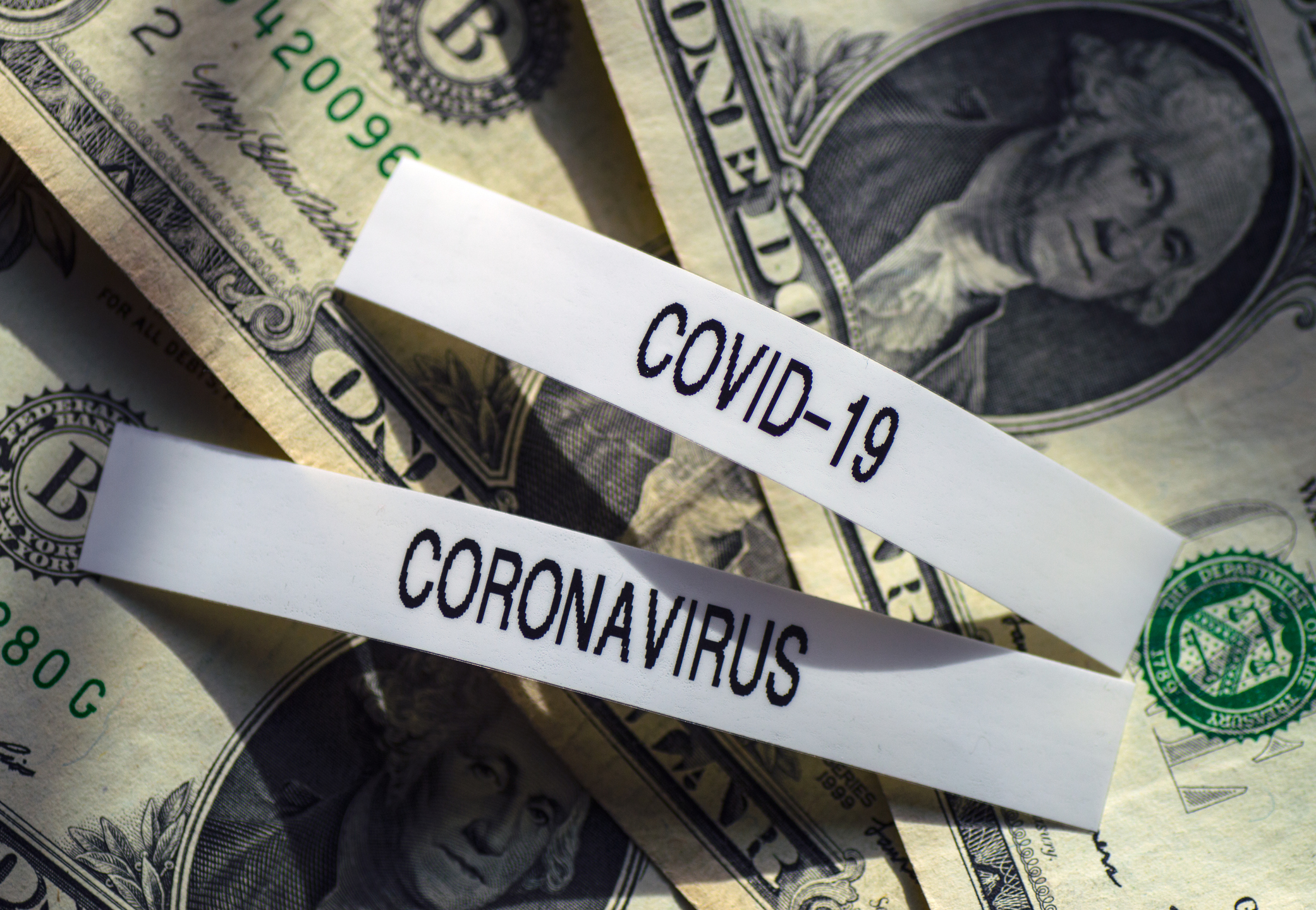
With COVID-19 Scams on the Rise, Here are Some Tips on How to Avoid Them
As the COVID-19 pandemic continues to affect our daily lives, fraud schemes to get people’s personal information are on the rise. The Federal watchdogs are offering tips on how to identify and avoid these traps, and Orange County Government is also offering advice to local residents.
According to the FBI, these scams include: fake emails from the Center for Disease Control; phishing emails advertising charities, financial relief, refunds, fake cures, and questionable vaccines and testing kits.
Agents also warn about counterfeit treatments or equipment; bogus at-home test kits or treatments; fraudulent charities or investment opportunities; and companies offering high-demand supplies, such as surgical masks, or mobile apps supposedly designed to track the spread of the coronavirus.
In all of these scams, payment is demanded upfront with the scammer pocketing the money. Scammers are also taking advantage of assistance checks, saying they need to confirm information to ensure the money is received properly.
“As we increase the opportunity for federal dollars through our Orange County CARES programs and other programs, scammers will come out in full force,” said Danny Banks, Orange County’s Director of Public Safety. “Some residents have already been called by ‘the government’ in order to process their information for benefits.”
Banks added: “During these times, people are highly prone to give up their personal information, including bank account numbers, if they think they’re getting money direct-deposited into their accounts. Unfortunately, this kind of fraud will remain rampant during this crisis.”
Both federal and local agencies offer the following tips to protect against fraud:
- Watch for emails claiming to be from the Centers for Disease Control and Prevention (CDC) or experts claiming to have information about the virus.
- Research online sellers before placing an order. If everything checks out, pay by credit card and keep a record of your transaction.
- Do not click on links from sources you do not know.
- Be aware of emails asking for donations, and do not let anyone rush you into donating.
- Be alert of high prices on critical goods.
- If you receive a call about coronavirus treatments or work-at-home schemes, hang up.
- Ignore online offers for vaccinations.
- Be alert to “investment opportunities” from publicly-traded companies claiming to have products or services that can prevent, detect or cure coronavirus.
- Be aware of companies selling air purifiers and marketing their products as tools that can prevent the spread and contraction of coronavirus.
Residents can contact the State Attorney’s Orange County Consumer Protection Office by calling 407-836-2490 or by email at fraudhelp@sao9.org. They can also visit the FBI Internet Crime Complaint Center at www.ic3.gov.
You can also forward bogus emails to the Federal Trade Commission’s spam database at spam@uce.gov.
